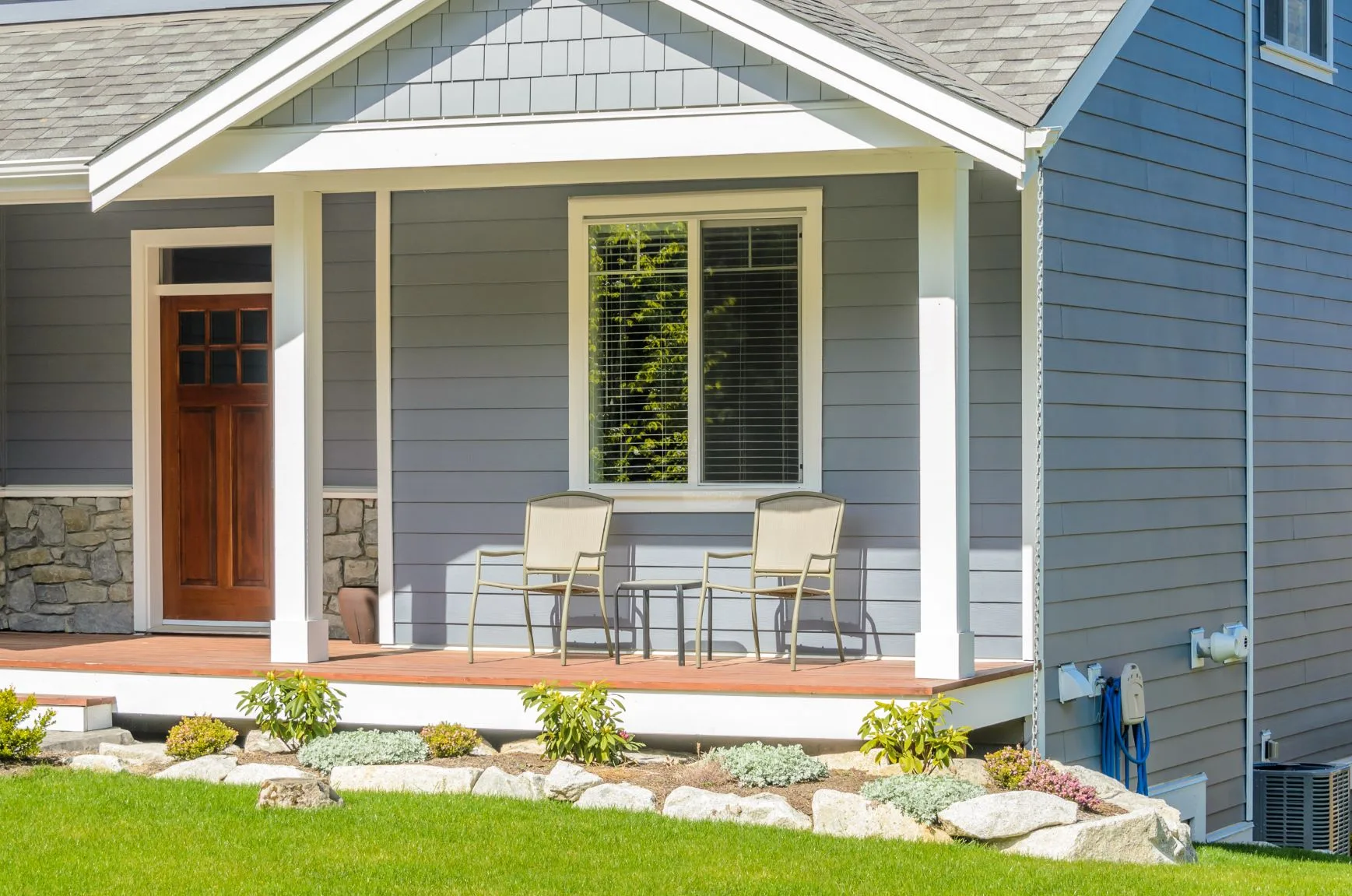COVID-19 has been more than just a health crisis, the resulting pandemic has put a huge financial strain on the entire planet. In many ways, the majority of Millennials are “safe” from the worst health implications of COVID-19, but they may be the group of people most susceptible to the financial strain.
A recent report from Realtor.com reveals just how seriously the pandemic’s economic hurdles will impact Millennials’ dreams of homeownership. The steep, unpredicted spike in unemployment and damage to the economy left many Americans struggling to pay for daily expenses, forcing them to use their savings. The economic slump from COVID-19 sprang quickly, but the financial impact will linger for years.
Millennials Were Forced to Cut into Savings
The rate of Millennial homeownership is 43%, which is already lower than the national average of 65%. This means a sizeable portion of Millennials rent and was likely working to bolster their savings for homeownership in the near future. The unexpected economic shutdown resulting from COVID-19 caused many people to miss rental payments. In April 2019, 18% of renters failed to pay rent and this past April it was a staggering 31%. While the rates improved in May, it is likely that renters were forced to dip into their savings or opt for more credit cards to make their monthly expenses.
According to Danielle Hale, the chief economist at Realtor.com “Millennials may largely escape the worst of COVID-19, but with an unemployment rate of 13.4%, this age group is not immune from the economic fallout. As they cobble together money for expenses from unemployment benefits and side-hustles, many will find that they need to dip into savings to cover necessities from groceries to rent.” For many Millennials, those savings were building toward homeownership and will be drastically slashed for daily living expenses during the pandemic. Paul Gunter is here to help any millennials in the future with houses for sale in Bucks County, PA.
Savings Will Take Years to Recoup
For Millennials, using homebuying savings is a big hit. While it takes years to save the money, it takes only a moment to spend a sizeable portion of it on rent and food. In fact, it will take the average Millennial 9 months to recovery just a single month’s worth of expenses if they save 10% of their take-home pay. That means, if a person uses their savings for six months of the pandemic, it will take a staggering 4 years to recoup it! If household incomes to not swiftly return to pre-COVID levels, this recuperating would take even longer.
More Restrictive Lending Criteria
In response to COVID-19, lenders are upping the lending requirements. Now, Millennials will need even higher credit scores and greater down payments for some loans. Currently, Millennials pay a median down payment of 8%, but the updated requirements from major banks will require 20%. The higher down payment means that Millennials need even larger savings to secure a home, which would take another 6.5 years on average. Add that to the years it will already take to recuperate the previous savings, and the time for Millennials to buy homes is drastically lengthened. Quickly and drastically changing lending environments will greatly impact Millennials looking to buy a home, and the future requirements are unclear. Top realtor in Montgomery County, PA, Paul Gunter offers his clients the best results when selling or finding a home.
Shifting Housing Markets for Millennials
The location will have a large impact on how delayed homeownership is for millennials. Expensive urban areas like The San Francisco Bay Area and Nashville will be very difficult for Millennials to recoup savings in. These areas have a steep cost of living and housing, meaning that Millennials have to save a lot to buy homes there. Sellers in the desirable urban areas list homes for above the national rate which only ups the cost further. Paul Gunter
Even though those areas elicit more renting by the nature of their expense, Millennial homebuyers will face more challenges even in affordable markets. Overall, the economic strain on Millennials may lead to them shifting for more affordable housing. According to Hale, “Rather than saving for the extra years needed to buy into a pricey city, millennials could turn to suburbs or more affordable metro areas.”
Can Millennials Rebound Economically From COVID-19?
The economic downturn from the coronavirus hits Millennials especially hard, threatening to drastically delay their homeownership. Many were forced to use their savings for down payments, and it will take many years to recuperate the lost savings and generate enough savings to meet more stringent lending criteria. For good reason, many Millennials fear the economic impact the pandemic will have on them and are the group that is most pessimistic about the future of the economy.
Will Millennials be able to rebound from the strong economic turmoil the coronavirus ignited? Can they recover and climb back toward homeownership? Only time will tell, but as of right now, homeownership seems like a dream that is fading further and further away for many Millennials.





